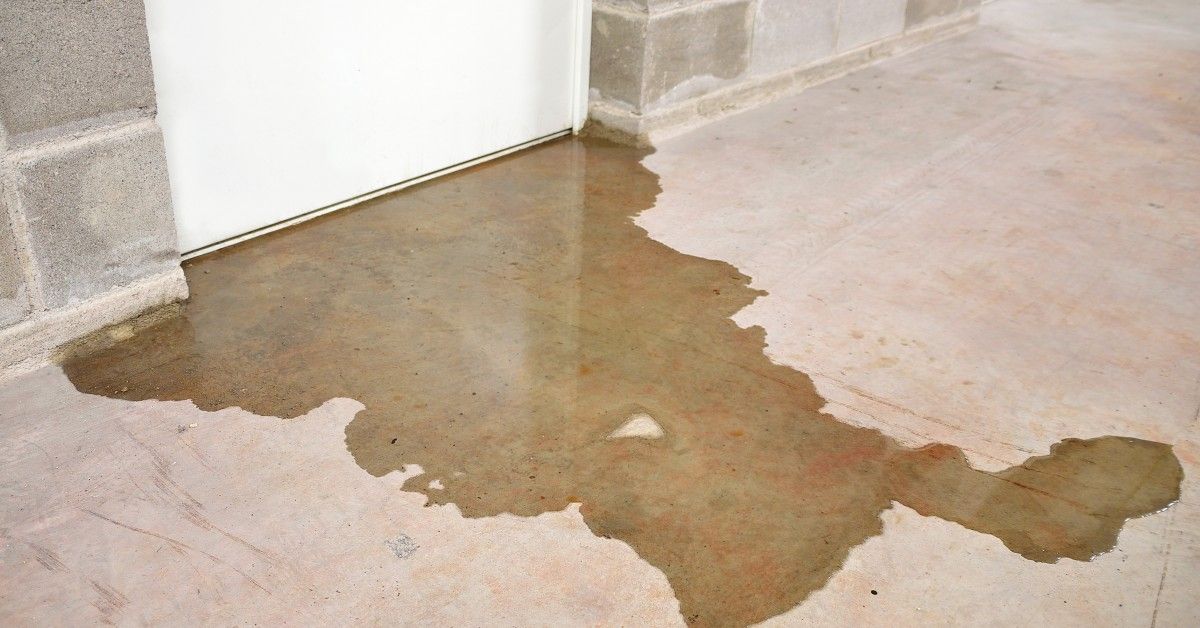Your Black Water Questions Answered

Sewage Damage Restoration FAQ
Action Restoration
No home or property owner is ever really prepared to face water damage and is even less prepared to manage sewage water damage. When Category 3, or black water leaks into your property, it can be overwhelming and upsetting. Fortunately for Northern Colorado, Action Restoration and Property Services have been helping families and businesses recover from every category of water damage. As an IICRC-certified company, all of our technicians have the skills and experience to expertly manage your water damage and restore your property to a safe and livable environment. In today's post, we answer some of the most common questions we get about sewage damage restoration in the Front Range.
The sewage backup is isolated to bathroom, will I need complete restoration services?
If the sewage backup is isolated to your bathroom, such as a toilet overflow situation, it is likely the damage may be less severe that an entire septic system backup. However, Category 3 water damage should never be minimized. When you call Action Restoration & Property Services expert inspects your property, they will fully assess the damage and offer you options. While the damage may be limited to one area, the amount of restoration will depend on the level of water and how much material was affected.
How does black water clean-up differ from other water damage clean-up processes?
Sewage is classified as Category 3, or “black,” water, which is water that is contaminated with feces and is likely to contain harmful pathogens. There are significant differences in the cleanup requirements for black water and clean water damage. For example, most building materials simply need to be thoroughly dried after clean water damage. Black water damage, on the other hand, requires most building materials to be removed and replaced to avoid health complications. Another big difference between blackwater clean-up and clean water damage restoration is the risk of cross-contamination. During the drying process of clean water, the focus is on preventing mold and preserving structural integrity. For black water clean-up, the priority is to contain the water in the affected area to prevent the spread of dangerous microbes. PPE is critical for clean-up to protect the restoration crew and prevent cross-contamination.
IICRC-certified crews have extensive training in the proper sewage cleanup process.
Will my homeowners insurance cover sewage damage restoration?
The simple answer is- it depends. Most homeowners insurance policies do not cover sewer line backup damage. If your policy includes sewer line insurance, the majority of sewage damage clean-up and restoration should be covered. If the sewage damage was not caused by the main sewage line, but by a septic issue or a plumbing problem, it may be covered. At Action Restoration & Property Services, we work closely with you and your property insurance to ensure the least out-of-pocket expense to you.
In the event of sewage damage to your property, partner with the property damage restoration experts that the Front Range has trusted since 2003. Action Restoration & Property Services can answer all of your black water clean-up questions and help you navigate the restoration process from beginning to end. For your free estimate or immediate inspection, give our team a call today!
